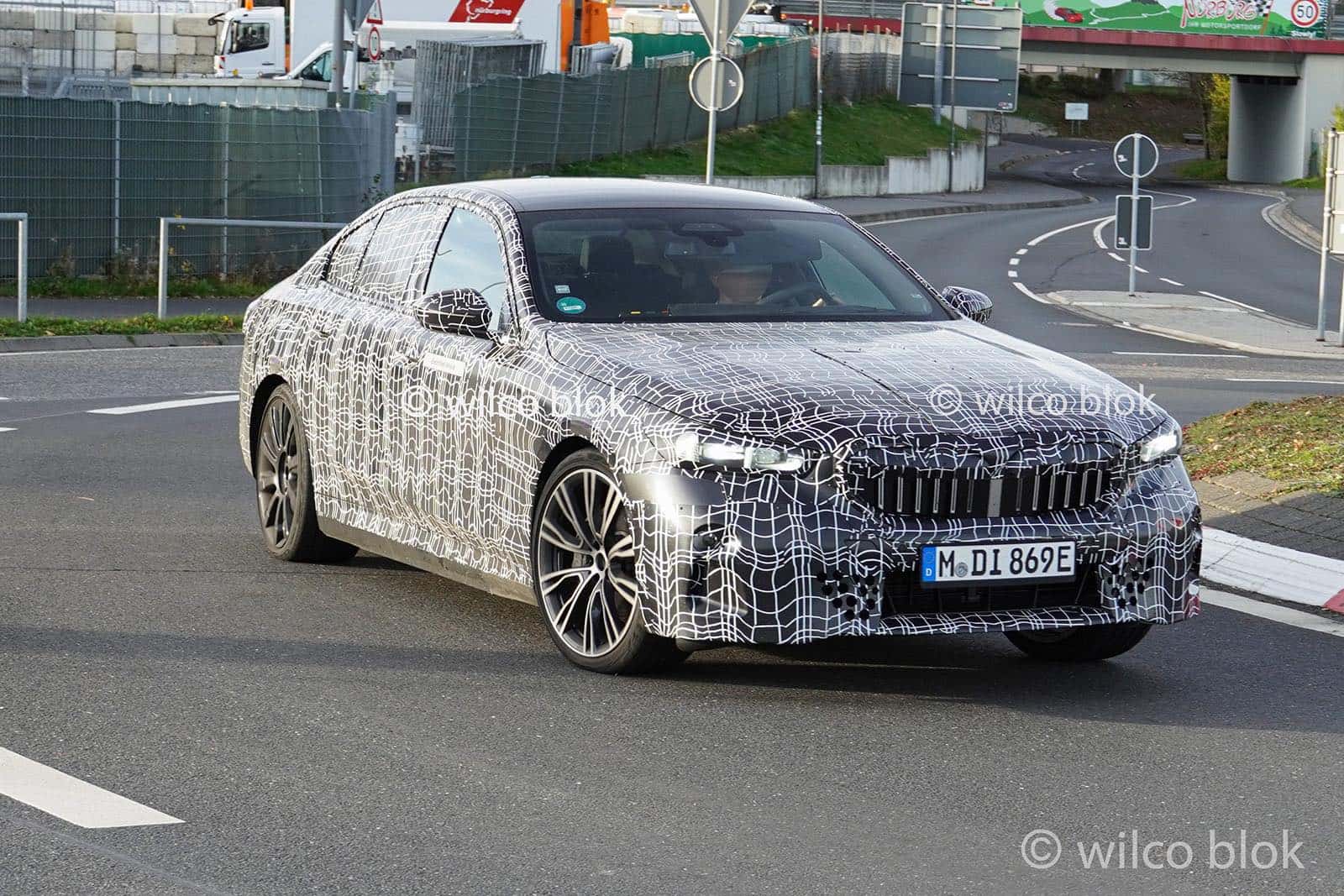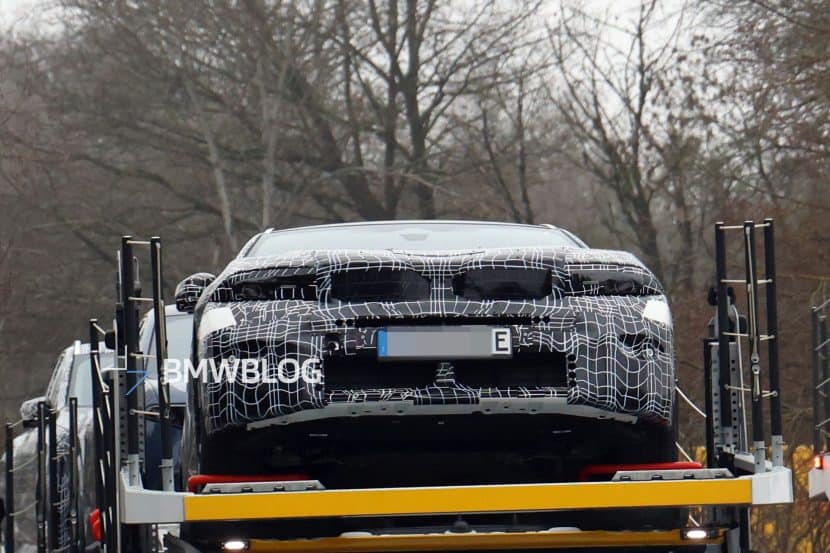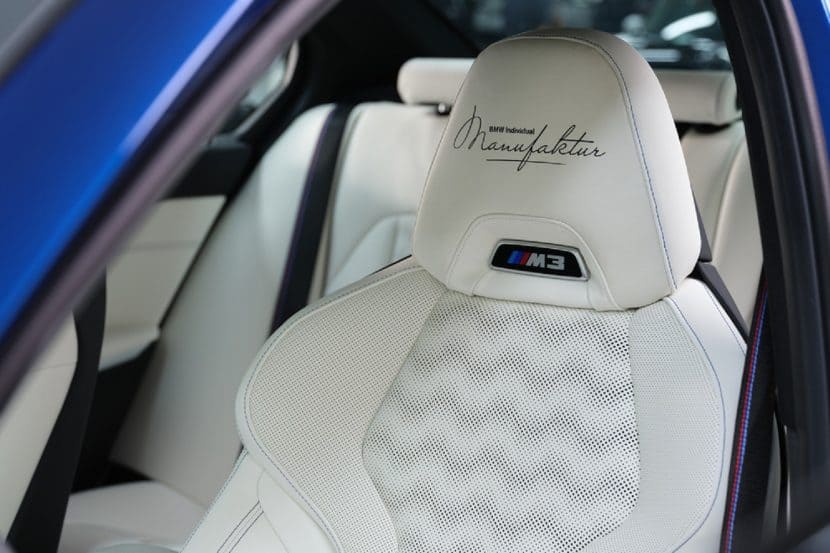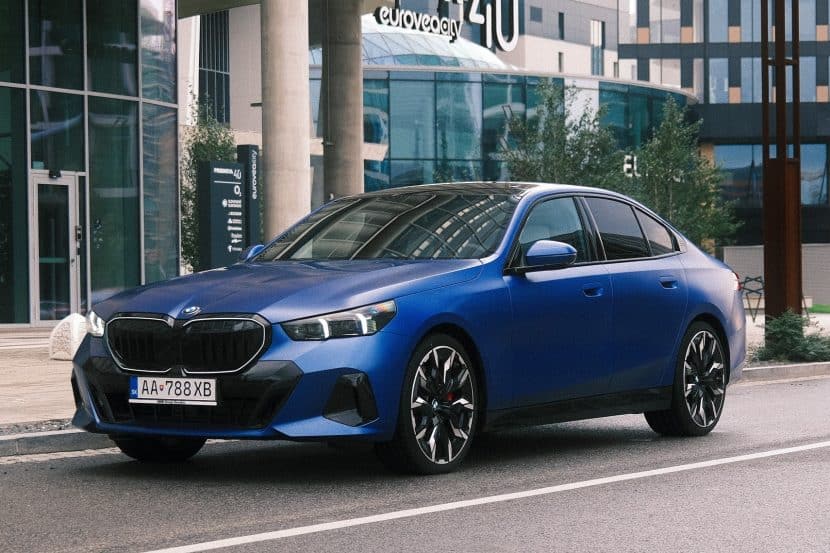With 215,755 electric cars delivered in 2022, the BMW Group more than doubled EV sales compared to the year before. Demand for vehicles without a combustion engine rose by 107.7%, in part thanks to MINI as the Cooper SE was its best-selling product. Deliveries of the zero-emission small hatchback rose by 25.5 percent to 43,744 units.
For 2023, the BMW Group has set an even more ambitious target since it wants purely electric cars to account for at least 15% of all deliveries. The objective was announced with the release of the automotive conglomerate’s 2022 global sales results by Pieter Nota, a member of the Board of Management of BMW AG responsible for Customer, Brands, Sales: “We are confident we can build on this success in 2023, as we continue to see particularly high order intake for our fully-electric models.”
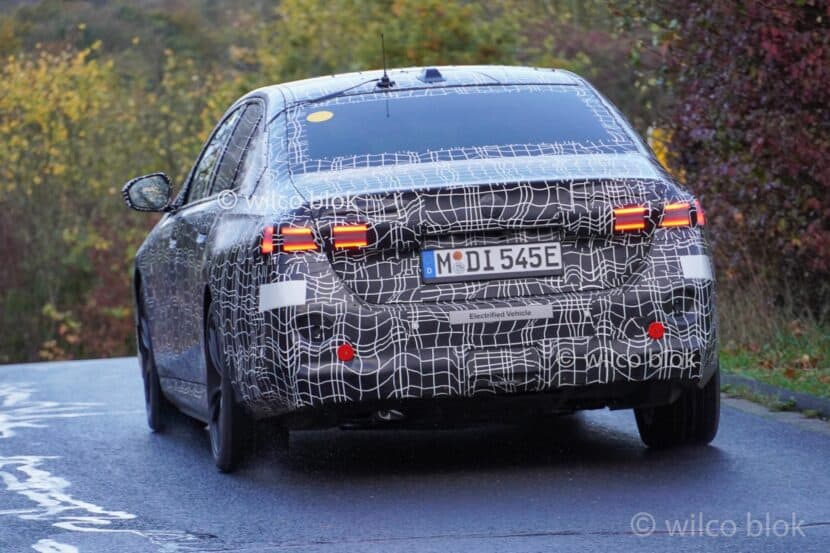
Nota went on to reconfirm the i5 will be launched later this year together with the next-generation 5 Series Sedan (G60). BMW doesn’t say when the world premiere is scheduled to take place, but with production believed to start in July, we’re definitely going to see the Mercedes EQE rival this summer at the latest. Spy shots have revealed an i5 Touring is also in the pipeline, although it will probably go on sale later in 2024.
Meanwhile, 2023 should also see the introduction of a cheaper a front-wheel-drive, single-motor iX1 and the iX2. At the other end of the EV lineup, an i7 M70 is planned with over 600 horsepower and more than 1,000 Newton-meters (737 pound-feet) of torque. The flagship electric 7 Series will be the second-most powerful BMW road car ever (after the 750-hp XM Label Red) and promises to hit 62 mph (100 km/h) from a standstill in less than four seconds.
In the long run, the BMW Group wants EVs to account for half of its global sales by the end of the decade. From 2030, Rolls-Royce will only sell electric cars, with MINI to follow suit shortly thereafter. The Oxford-based marque intends to unveil two electric models this year.
Source: BMW


